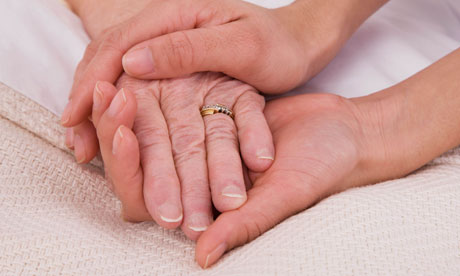Final Reflection
 Wow! I can’t believe this semester is almost over! Actually, the last three years have truly flown faster than I had ever expected. It is true what the students from prior semesters and faculty shared with us at our first orientation regarding the cohesiveness and strong bonds we would form with one another by the end of the three years. It is strange to think that we all sat together in a room three years ago, and didn’t speak or know one another. It feels as though we have become a family – in the truest sense of the word, with all the ups and downs all families experience.
Wow! I can’t believe this semester is almost over! Actually, the last three years have truly flown faster than I had ever expected. It is true what the students from prior semesters and faculty shared with us at our first orientation regarding the cohesiveness and strong bonds we would form with one another by the end of the three years. It is strange to think that we all sat together in a room three years ago, and didn’t speak or know one another. It feels as though we have become a family – in the truest sense of the word, with all the ups and downs all families experience.
In reflecting on my learning this semester, I can’t help but think of the large role technology has played. I remember sharing in our first ever blogpost that I was slightly skeptical about the idea of forming an “online identity.” I also felt skeptical about reconstructing our way of learning and shifting to a lot of voice thread, blogposts and videos. I have to say however, that I personally felt like I learned a great deal more after transitioning over. Additionally, I felt more efficient when creating voice threads, recordings and videos and felt that a significant amount of learning took place in a shorter amount of time. When I look at my growth over the span of three years however, it is remarkable to see myself as a completely different person.
It is almost strange to think of myself 3 years ago, before having learned as much as I have. I remember being told our first year that the program was designed like a spiral staircase, where each year we would have the opportunity to build on those things we learned the first time around. As I entered critical care, I was able to see how true that statement was. This semester I was able to utilize the concepts I had worked so hard to learn our first and second year and adapt them to the new material we were covering. Although I know that there is a large learning curve up ahead after graduation, I can say I feel confident to confront it. I feel I have learned a lot – but more importantly I now know where and how to access the resources needed when I come across something new. I feel prepared to move on to the next chapter as I develop my skill set as a novice nurse and put into action the values and knowledge I have gained from this amazing institution. On to a new adventure!


